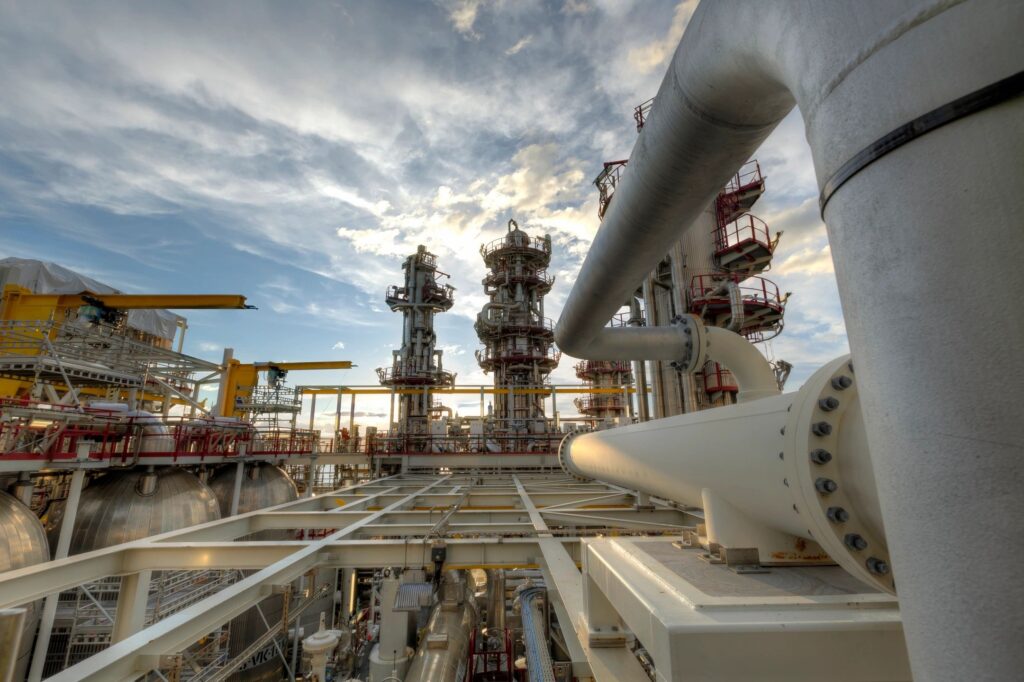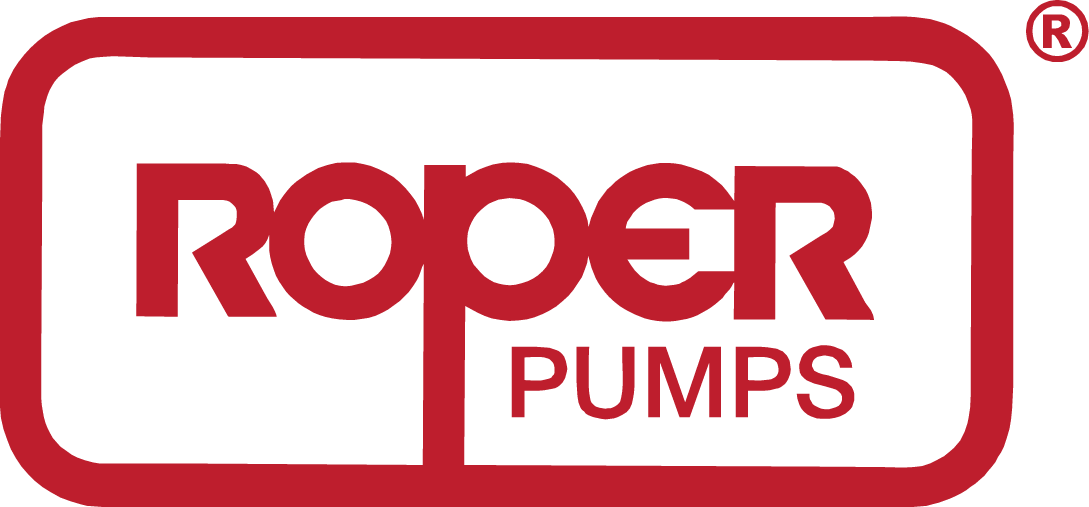En el vertiginoso mundo de los fabricantes de bombas de aceite, la eficacia y la fiabilidad son primordiales. Los equipos que minimizan los costes de mantenimiento y reducen el tiempo de inactividad pueden mejorar significativamente la productividad y la rentabilidad. Uno de los componentes críticos en diversos procesos industriales, especialmente en el movimiento de fluidos, es el sistema de bombeo. Estas soluciones ofrecen una serie de ventajas que ayudan a bomba de rotor helicoidal agilizan las operaciones, reducen los costes de mantenimiento y el tiempo de inactividad. Estos sistemas no sólo están diseñados para soportar las rigurosas exigencias de los entornos industriales, sino también para ofrecer un rendimiento constante y una larga vida útil, contribuyendo en última instancia al perfecto funcionamiento de estos procesos y mejorando la eficacia operativa general.
Mayor durabilidad y fiabilidad:
Las soluciones modernas están diseñadas pensando en la durabilidad y la fiabilidad. Construidos con materiales de alta calidad y diseñados para soportar entornos industriales difíciles, estos sistemas pueden manejar fluidos abrasivos, viscosos y corrosivos sin comprometer el rendimiento. Su robusto diseño minimiza el desgaste, reduciendo la frecuencia de mantenimiento y alargando la vida útil del equipo. Esta fiabilidad garantiza que estos procesos funcionen sin problemas, con menos interrupciones y menores costes de reparación. Además, estos sistemas suelen incorporar tecnologías avanzadas, como componentes autolubricantes y revestimientos resistentes al desgaste, que aumentan aún más su durabilidad. Al elegir estos sistemas avanzados, puede beneficiarse de una reducción de las intervenciones de mantenimiento y de intervalos más largos entre revisiones, lo que se traduce en una reducción de los gastos generales de mantenimiento y una mayor eficacia operativa.
Conducción eficiente de fluidos:
La eficiencia en el manejo de fluidos es crucial para mantener la productividad de estos procesos. Una bomba de rotor helicoidal avanzada puede manejar con precisión una amplia gama de viscosidades y densidades de fluidos, garantizando caudales constantes y reduciendo el riesgo de bloqueos y tiempos de inactividad. Estos sistemas suelen incorporar funciones como variadores de velocidad y controles automatizados, que permiten ajustar y optimizar el proceso. El resultado es un funcionamiento más eficaz que minimiza el consumo de energía y los costes operativos. Además, la precisión en la manipulación de fluidos que ofrecen estos sistemas se traduce en una mejora de la calidad y consistencia del producto, ya que los caudales exactos garantizan que se suministre la cantidad correcta de material en el momento adecuado. Este nivel de control y eficacia es especialmente beneficioso en procesos que requieren altos niveles de precisión, como el procesado de alimentos, donde incluso pequeñas desviaciones pueden tener repercusiones significativas en el producto final.
Procedimientos de mantenimiento simplificados:
Una de las ventajas significativas de los sistemas modernos es la facilidad de mantenimiento. Muchos de estos sistemas están diseñados con características que simplifican el proceso de mantenimiento, como componentes modulares y fácil acceso a las piezas críticas. Este diseño reduce el tiempo y la mano de obra necesarios para el mantenimiento rutinario y las reparaciones. Además, muchos de estos grupos ofrecen paquetes completos de servicio y asistencia, que incluyen inspecciones periódicas, mantenimiento preventivo y respuesta rápida a cualquier problema que surja. Estos servicios garantizan que los equipos permanezcan en condiciones óptimas, reduciendo aún más el riesgo de tiempos de inactividad inesperados. Al utilizar estos servicios de asistencia, las industrias pueden confiar en técnicos expertos para mantener y reparar sus equipos, minimizando la probabilidad de interrupciones prolongadas y reparaciones costosas. Además, la disponibilidad de documentación detallada de mantenimiento y programas de formación puede capacitar a los equipos internos de mantenimiento para realizar las tareas rutinarias con eficiencia y eficacia.
Soluciones rentables:
Invertir en sistemas avanzados puede parecer un gasto inicial importante, pero el ahorro a largo plazo es sustancial. Al reducir la frecuencia y el coste del mantenimiento, minimizar el consumo de energía y evitar costosos tiempos de inactividad, estos sistemas proporcionan un elevado retorno de la inversión. Además, muchas de estas organizaciones ofrecen opciones de financiación y garantías flexibles, lo que facilita a las empresas la actualización de sus equipos sin una carga financiera significativa. Estas soluciones rentables ayudan a las industrias a mejorar su cuenta de resultados al tiempo que mantienen altos niveles de productividad y eficiencia. Además, la integración de tecnologías y materiales energéticamente eficientes en estos sistemas puede suponer un ahorro sustancial en las facturas de servicios públicos, lo que aumenta aún más las ventajas financieras. A medida que las industrias se esfuerzan por cumplir la normativa medioambiental y reducir su huella de carbono, la adopción de estos sistemas avanzados también puede contribuir a los objetivos de sostenibilidad, alineando los intereses económicos y ecológicos para un enfoque holístico de la mejora empresarial.
Conclusión:
Los sistemas de bombeo avanzados son esenciales para reducir los costes de mantenimiento y minimizar el tiempo de inactividad con fabricantes de bombas de aceite. Con una mayor durabilidad, un manejo eficaz de los fluidos, un mantenimiento simplificado y soluciones rentables, estos sistemas desempeñan un papel fundamental a la hora de garantizar un funcionamiento fluido y fiable de los procesos industriales. A medida que las industrias siguen evolucionando y se enfrentan a nuevos retos, la adopción de tecnologías avanzadas que ofrezcan fiabilidad y eficiencia será clave para mantener un negocio próspero y sostenible.



